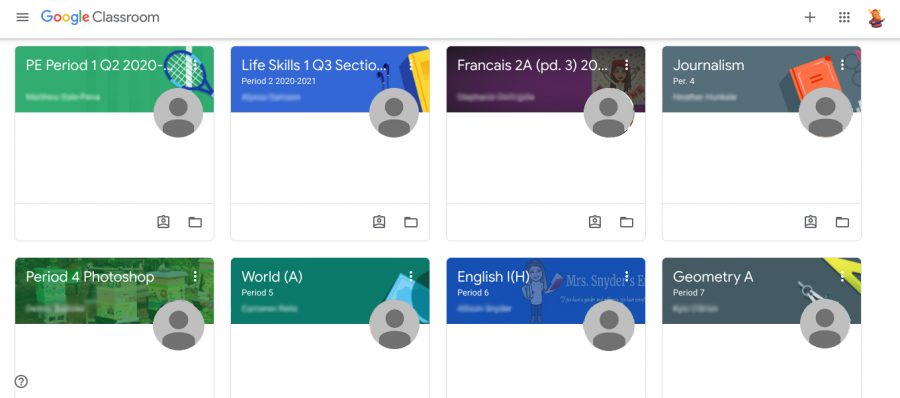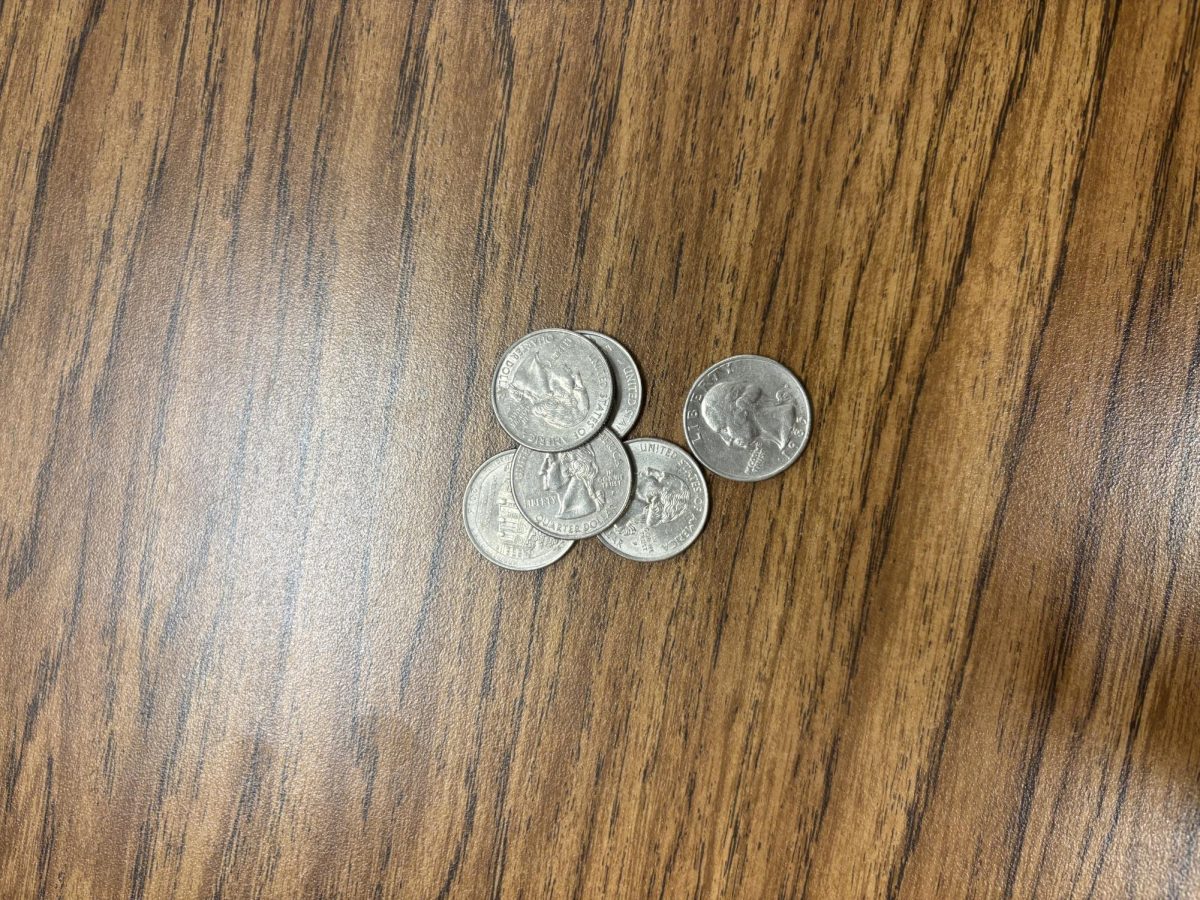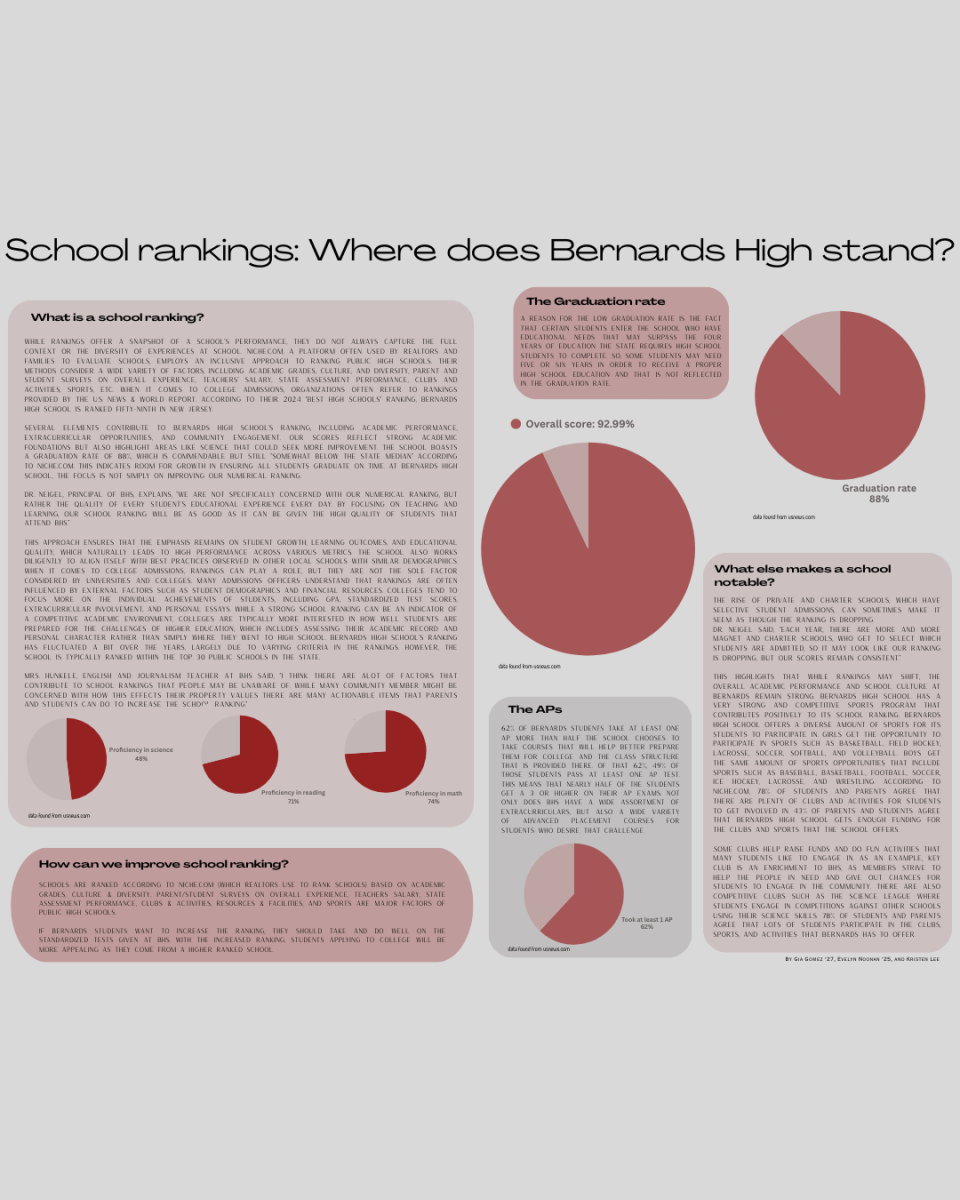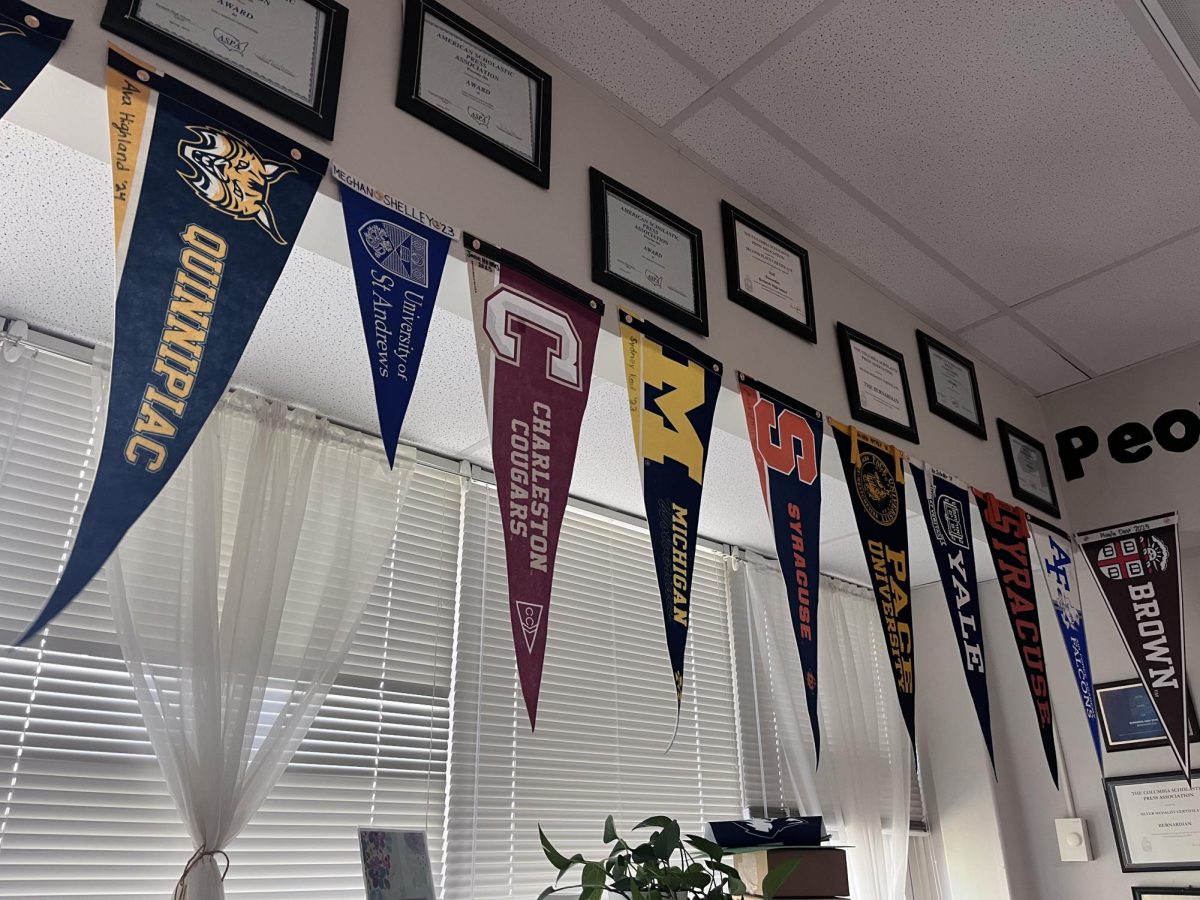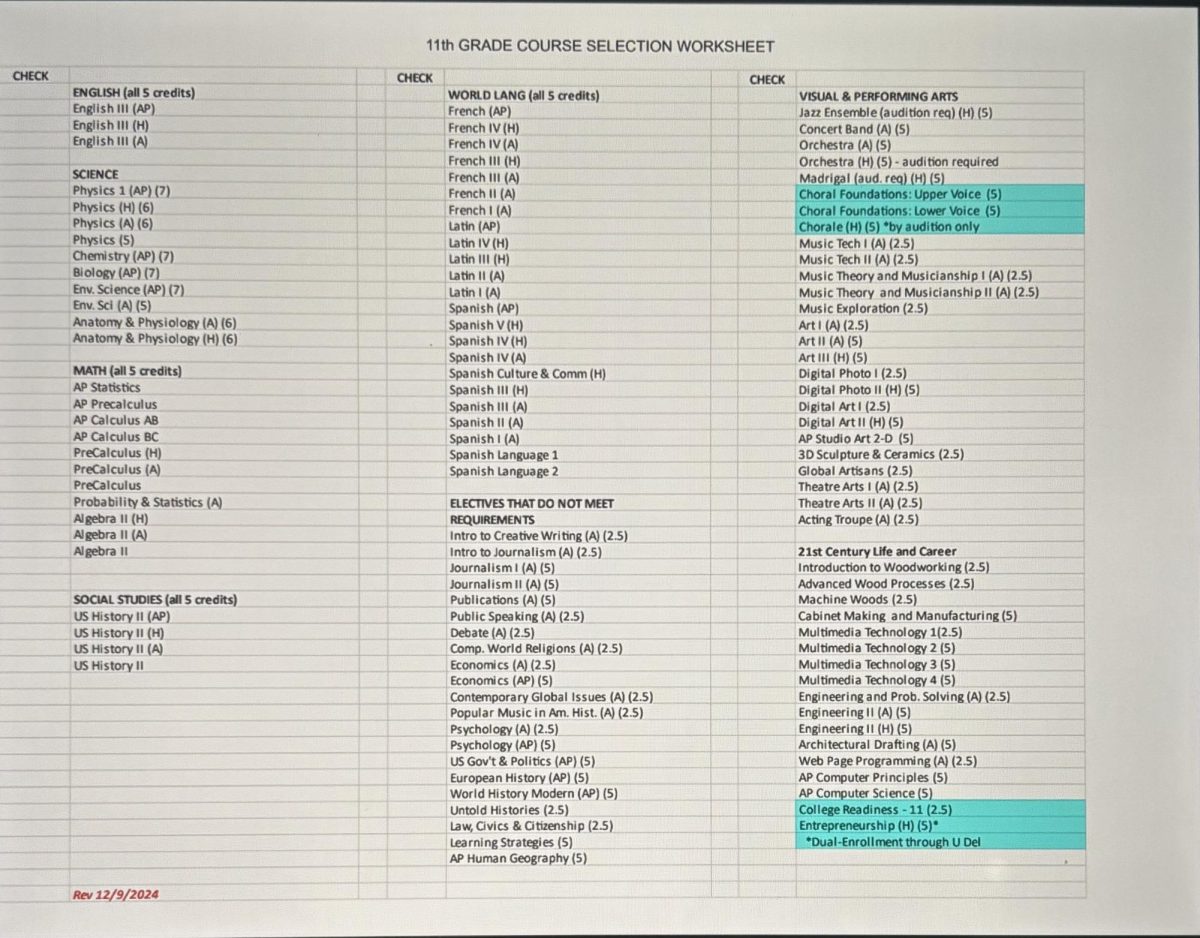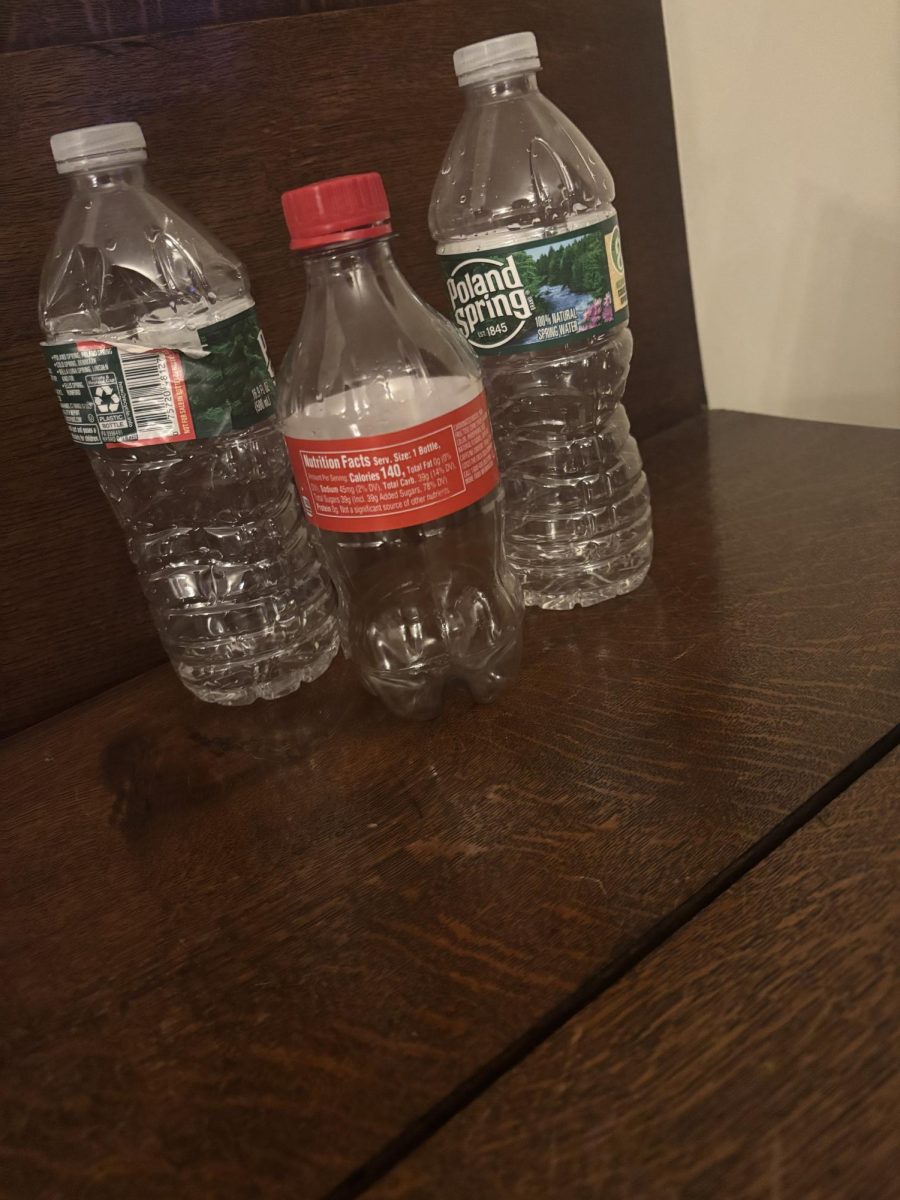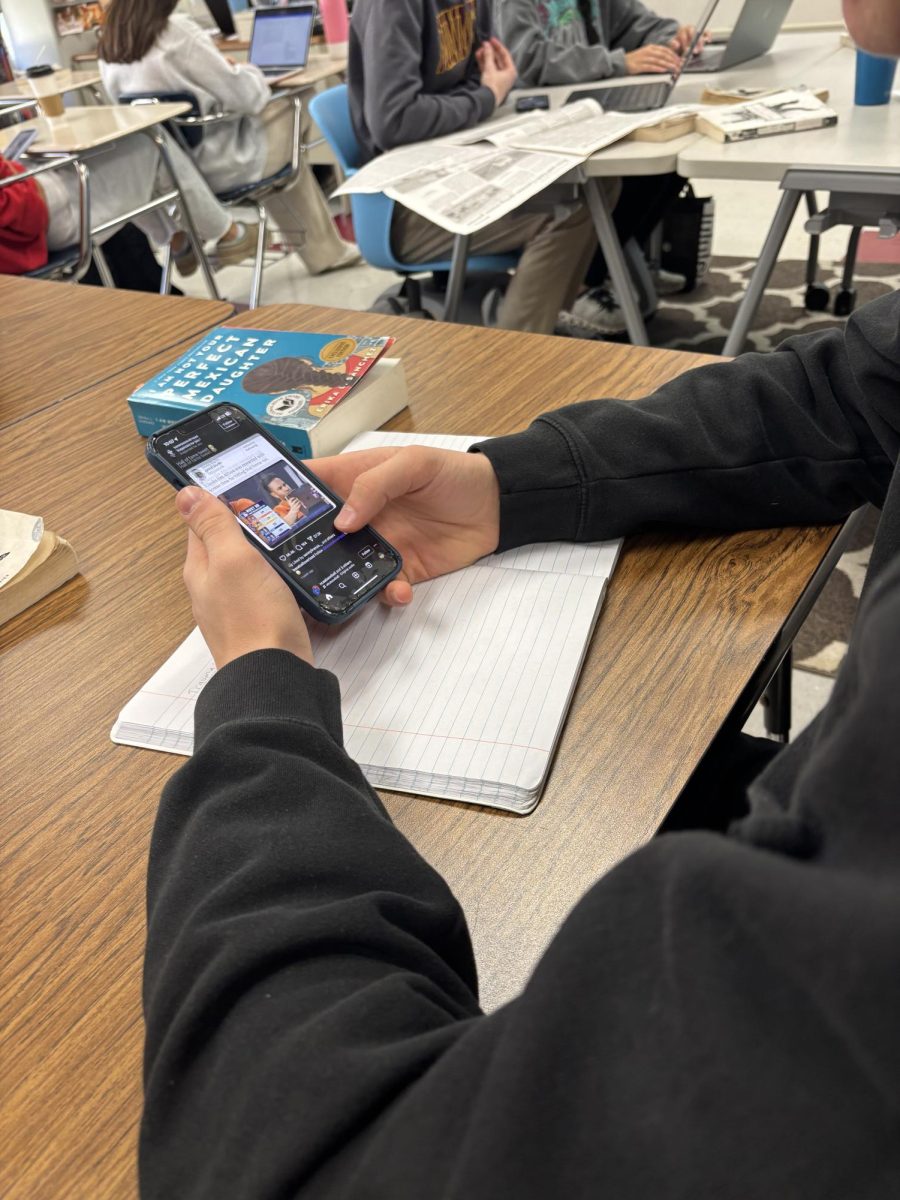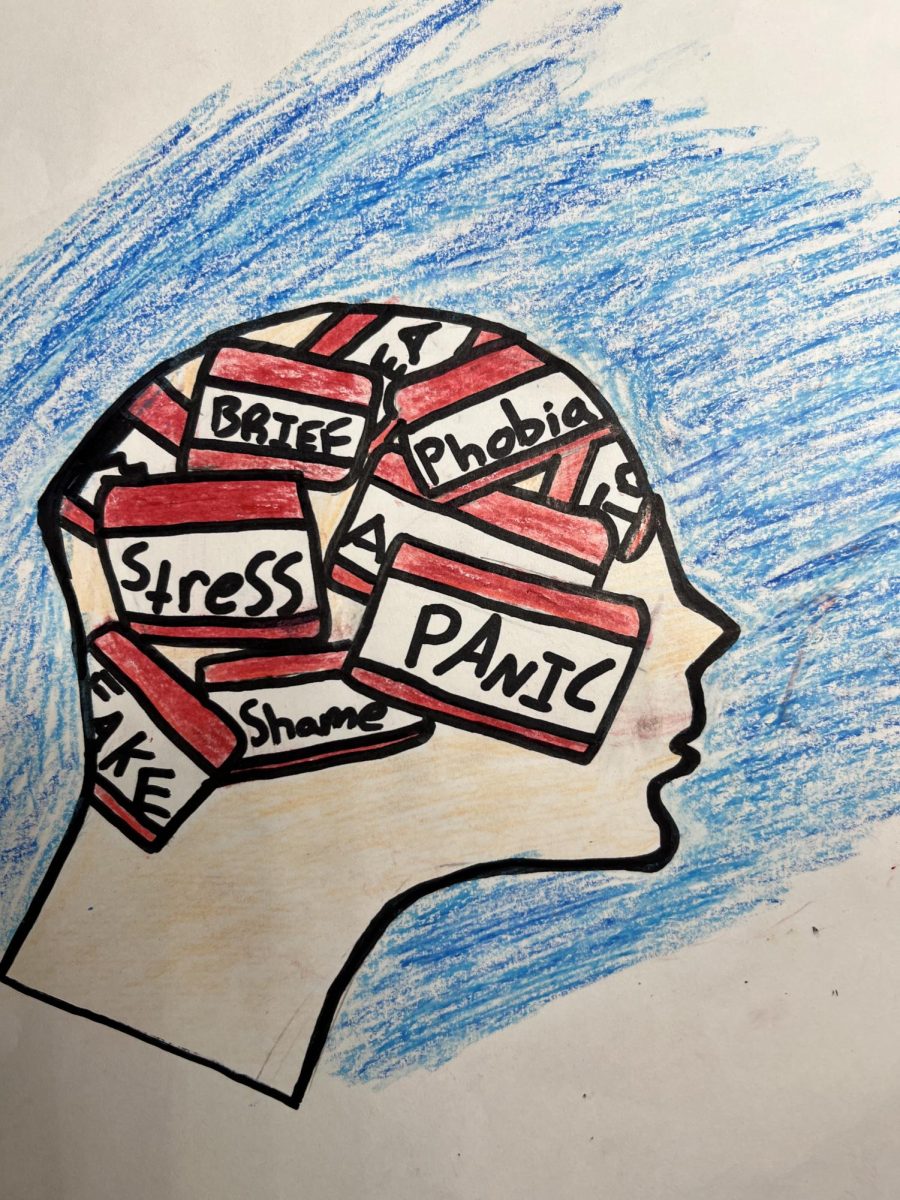As we approach the middle of the third marking period, members of the school community might start to wonder, are students able to complete the curriculum? With shortened periods, school days and half of the students virtual, it has become harder for teachers to get through lessons as quickly as they typically would.
With more than half of the students virtual, teachers have found it to take longer just to begin teaching. One teacher in particular, Mrs. O’Brien, said “Attendance itself takes so much longer. Students sign in slowly and I have to figure out which code to put in for each. In the past, because I knew my entire class, at times all I needed to do was look around and see if a desk was empty, make a mental note and do attendance later. It took up virtually no class time. Now it can take at minimum 5 minutes. That may not seem like a lot, but with a 35 minute period, it is.”
While some students find virtual learning to be more beneficial, others find more disadvantages than advantages. Logan Connolly attends school virtually and finds that to be better for him. “I feel that I have been doing better in school. It is a change but I feel that it is right for me.” Alexa Flynn however, feels the opposite and said “I feel like I learn better when being taught in front of me and not at home because I do not pay attention when I am in my bed.”
Now with newly combined cohorts, some teachers are gaining more student commentary and participation. Mr. Kaplan said, “I feel like I’m able to get more student feedback from those in the room, leading to more learning. It seems as though when students are in-person, they are less hesitant to fire off follow up questions, leading to deeper understandings for all in the class.”
Teachers might not be able to get through the same amount of lessons as they had in previous years, yet they are still able to teach almost the same amount of important skills. For instance, Mr. Pair said, “Honestly, I’m finding that I have to closely examine what I have done in the past to make it work for the time crunch. So far, I have been pleasantly surprised by what I have been able to accomplish when I narrow the activities to fit my objectives. I’m “trimming the fat,” as it were, from previous exercises to get to the core of the skill content.”
From a students perspective, Mckenah Shilp said, “All of my teachers say that if it was a normal year we would be doing more stuff, more projects, etc. I feel as though we are completing it with shortcuts.”
For the most part, teachers are able to teach almost or all of the curriculum, however they have to try to move at a faster pace or cut out some parts that might not be as important as others. By the end of the year students still should have been taught most of the same skills as they would, had this been a normal year. Mr. Kaplan commented, “The perseverance of the teachers and the students alike this year is so admirable and inspiring. There are so many obstacles in everyone’s way – and I know it hasn’t been easy for anyone – but everyone has worked so hard to make this a valuable school year. I’m proud of my colleagues, I’m proud of my students, and I’m proud of Bernards High School.”



